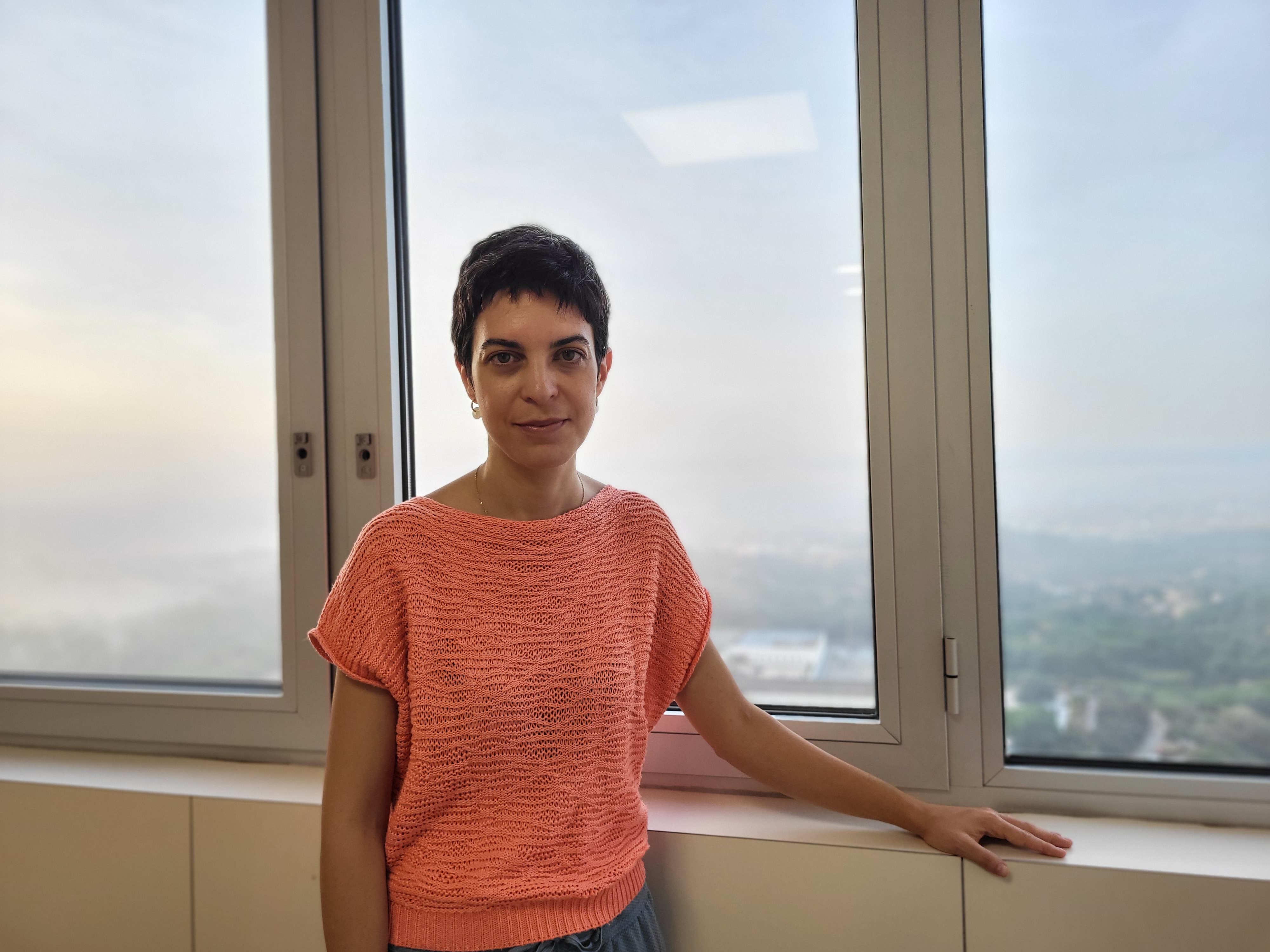A study of patients with ovarian cancer highlights the need to identify the mechanisms of resistance to PARP inhibitors to find effective therapies for this tumour

The administration of PARP inhibitors (PARPi) has been a revolution as a maintenance treatment after chemotherapy to combat ovarian cancer, it increases the chances of long-term control of the disease and in particular for patients with mutations in the BRCA genes. However, for many patients the condition ends up progressing and the optimal therapy after PARPi is not so well defined.
The medical oncologist Margarita Romeo of the Catalan Institute of Oncology (ICO) and the B·ARGO Applied Oncology Research Group, affiliated to the Germans Trias i Pujol Research Institute (IGTP) led this multi-centric study. 16 Catalan hospitals have taken part to evaluate the results of chemotherapy retreatment with platinum for relapses after administering PARPi as a maintenance therapy. Platinum is the basis of the initial treatment for ovarian cancer and is also one of the most commonly used drugs in successive relapses. However, there are molecular reasons that could question its efficacy once the patient has progressed to PARPi.
Main results of the study?
The study suggests that there are better survival outcomes for patients without BRCA mutations than in those with BRCA mutations when they receive platinum retreatment for second, or subsequent disease progressions, after having received a previous platinum treatment followed by maintenance with PARPi for the first relapse. Published data indicate that the BRCA-mutated patients in the study may have had a lower-than-expected response to this subsequent platinum retreatment.
For Romeo, "the mechanisms of resistance to PARP inhibitors are being intensively investigated to optimize subsequent therapies". Indeed, these mechanisms probably vary between patients with and without BRCA mutations, and may also differ according to the length of the platinum-free interval.
"Although retreatment with platinum continues to be a useful therapy after treatment with PARP inhibitors used as maintenance in relapses, there is a subtype of patients in which the response might not be the expected" Romeo points out, and she adds, "being able to characterize these mechanisms, and identify alternatives in this treatment, is very necessary in our daily practice".
Reference
Romeo M, Gil-Martín M, Gaba L, Teruel I, Taus Á, Fina C, Masvidal M, Murata P, Fernández-Plana J, Martínez A, Pérez C, García Y, Rodriguez V, Cros S, Parera M, Zanui M, Catot S, Pardo B, Plaja A, Esteve A, Barretina-Ginesta MP. Multicenter Real-World Data of Subsequent Chemotherapy after Progression to PARP Inhibitors in a Maintenance Relapse Setting. Cancers (Basel). 2022 Sep 11;14(18):4414. DOI: 10.3390/cancers14184414. PMID: 36139574; PMCID: PMC9497128.
News shared with Institut Català d’Oncologia (ICO).
